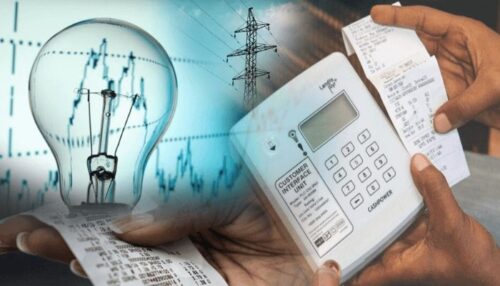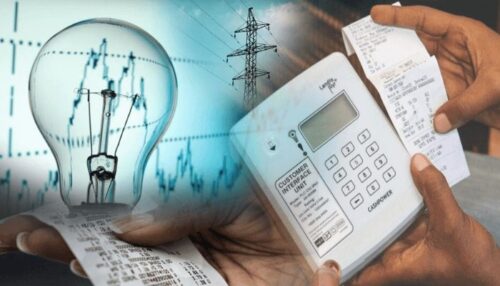
The Manufacturers Association of Nigeria (MAN) has raised concerns over the frequent hikes in electricity tariffs, stating that the rising costs are severely impacting the manufacturing sector and slowing down economic growth.
According to MAN, electricity is a key component in production, and the continuous tariff increases are making Nigerian-made products less competitive. Segun Ajayi-Kadir, Director General of MAN, warned that the proposed hike will worsen the already high cost of doing business and put additional strain on consumers battling inflation.
“Increasing electricity tariffs will further drive up production costs, reduce manufacturers’ profit margins, and increase unemployment. It will also push more businesses to shut down, while consumers struggle with declining disposable income,” Ajayi-Kadir said in a statement.
Unstable Power Supply Despite Privatization
Ajayi-Kadir emphasized that no country can achieve industrial development without a reliable and affordable power supply. He recalled that Nigeria privatized its power sector in 2013 to improve electricity generation and distribution, but the expected benefits have not materialized.
“Sadly, this privatization has failed to deliver the expected results. Many operators in the electricity value chain lack both the technical expertise and financial capacity to supply power efficiently.”
Despite Nigeria’s installed power capacity of about 10,000MW, only a fraction of it is utilized due to generation and distribution constraints. Meanwhile, tariffs continue to increase, but manufacturers and businesses are still left dealing with erratic and inadequate power supply.
Manufacturers Struggling to Stay Afloat
The National Bureau of Statistics (NBS) reported that electricity supply dropped from 5,909.83 GWh in Q2 2023 to 5,612.52 GWh in Q2 2024, despite a 230% tariff increase. This represents a 5.03% year-on-year decline in supply, highlighting the disconnect between rising costs and service delivery.
MAN has repeatedly called for an urgent expansion of Nigeria’s electricity supply, arguing that the current daily average of 4,000MW is grossly inadequate for a population of over 200 million people. Experts estimate that at least 30,000MW is needed to support businesses and households effectively.
Government Urged to Take Action
Ajayi-Kadir stressed that manufacturers are being forced to bear the cost of inefficiencies in the power sector, as they cannot easily pass the burden onto consumers, who are already struggling with low purchasing power.
To address the crisis, MAN has urged the government to:
✅ Review the performance of electricity distribution companies (DisCos) since the last tariff increase.
✅ Conduct an impact study on how rising electricity costs are affecting the manufacturing sector, businesses, and households.
✅ Reevaluate the cost-reflective tariff model used by DisCos to ensure fairness.
✅ Audit DisCos’ investment in power infrastructure to determine if they are genuinely working to improve distribution.
As electricity costs continue to soar without a corresponding improvement in supply, manufacturers warn that Nigeria’s industrial sector faces an uncertain future unless urgent steps are taken to stabilize power and control costs.


